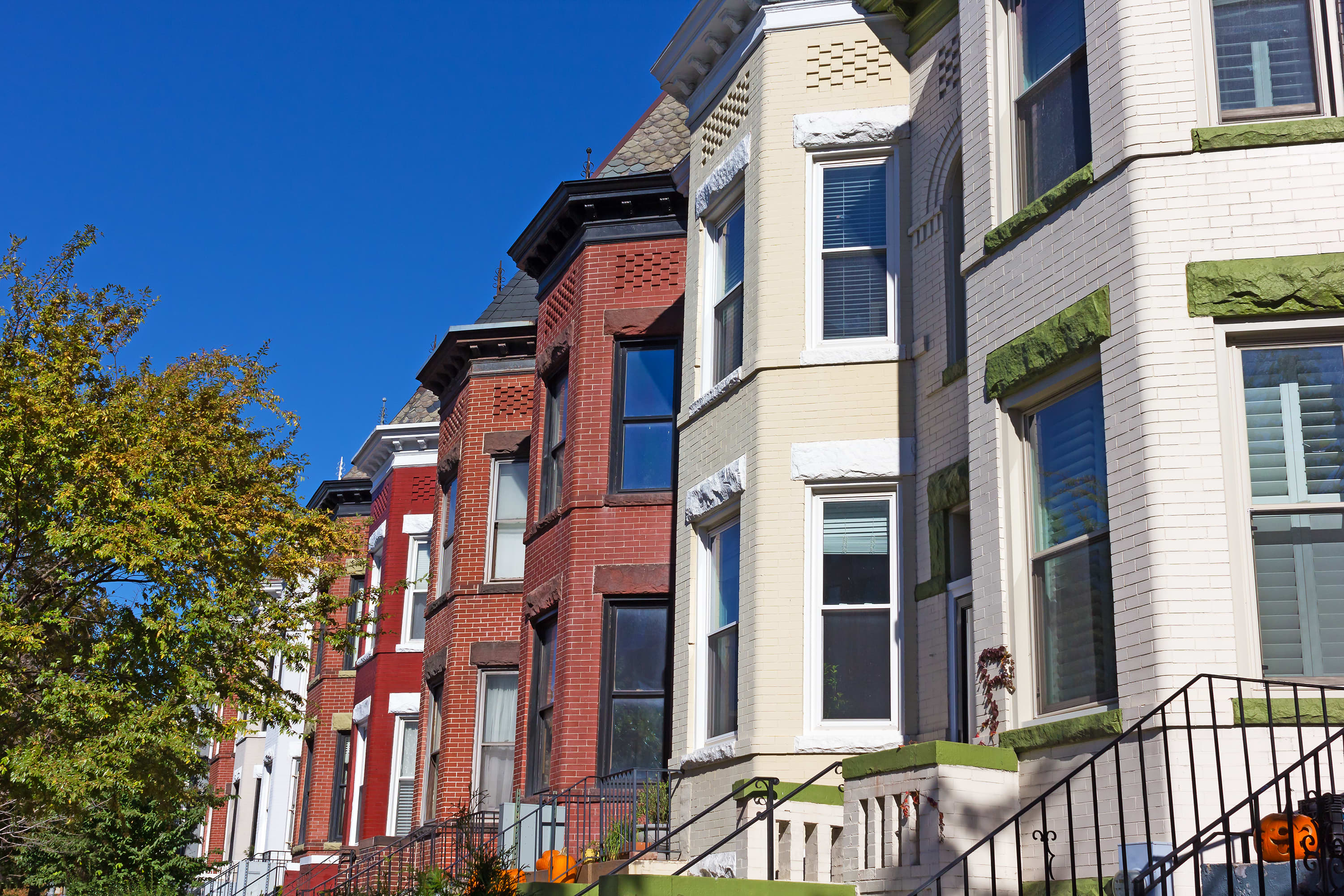Historic row houses in Colombia Heights neighborhood of Washington DC, USA
amedved | iStock | Getty Images
Homeowners struggling amid the coronavirus pandemic received some welcome news on Tuesday, with the Biden administration announcing it will extend forbearance and foreclosure relief programs.
The White House said that the move will benefit the 2.7 million homeowners currently in Covid forbearance and extend the availability of forbearance options for around 11 million other government-backed mortgages nationwide.
“Since the crisis is going on much longer than anyone anticipated, it’s only appropriate to extend remedies that we know are working,” said Sarah Gerecke, an associate professor of planning at New York University. Many of those relief options were scheduled to expire next month.
Have questions about the new protections? Here are some answers.
Does my mortgage qualify for the new protections?
Federally backed mortgages, or about 70% of borrowers, are eligible for the additional forbearances.
If you have such a home loan, you can enroll in a forbearance until June 30, and potentially for six months after. If you have a mortgage from Fannie Mae or Freddie Mac, you can delay your payments for at least another three months.
“The easiest way to find out if you are eligible and to seek payment relief if you need it is to reach out to your lender,” said Greg McBride, chief financial analyst at Bankrate.com.
How do I request the forbearance?
Will I need to prove that I qualify for the forbearance?
Onerous paperwork requirements prevented many homeowners from getting relief during the 2008 crisis, McBride said.
Fortunately, during the pandemic, you only have to attest that you’ve suffered a financial hardship.
Do I have to do anything if I’m already in forbearance?
Yes. Your forbearance will not automatically renew.
“You must contact your lender and ask for it,” McBride said.
How long can I be in forbearance for?
Some people will be in forbearance for as long as 18 months, since the first stimulus package passed in March, the CARES Act, offered homeowners two 180-day relief periods, and now the Biden administration is granting them two additional three-month breaks.
How will my missed payments be calculated?
Fortunately, if you qualify for the forbearance, you don’t need to make up your payments in a lump sum at the end of the relief period. (Although if you’re one of the 30% of homeowners who don’t have a government-backed or guaranteed mortgage, you might.)
Instead, you can ask that your payments be tacked on to the end of your loan, McBride said.
For example, if you missed 12 months of payments, a 30-year mortgage would now take you 31 years to pay off.
What if I’m at risk of foreclosure?
You should be safe until at least the end of June.
“You will not be foreclosed on during the period of the moratorium unless you have vacated or abandoned your property,” said Rob Van Raaphorst, vice president of communications at the Mortgage Bankers Association.
